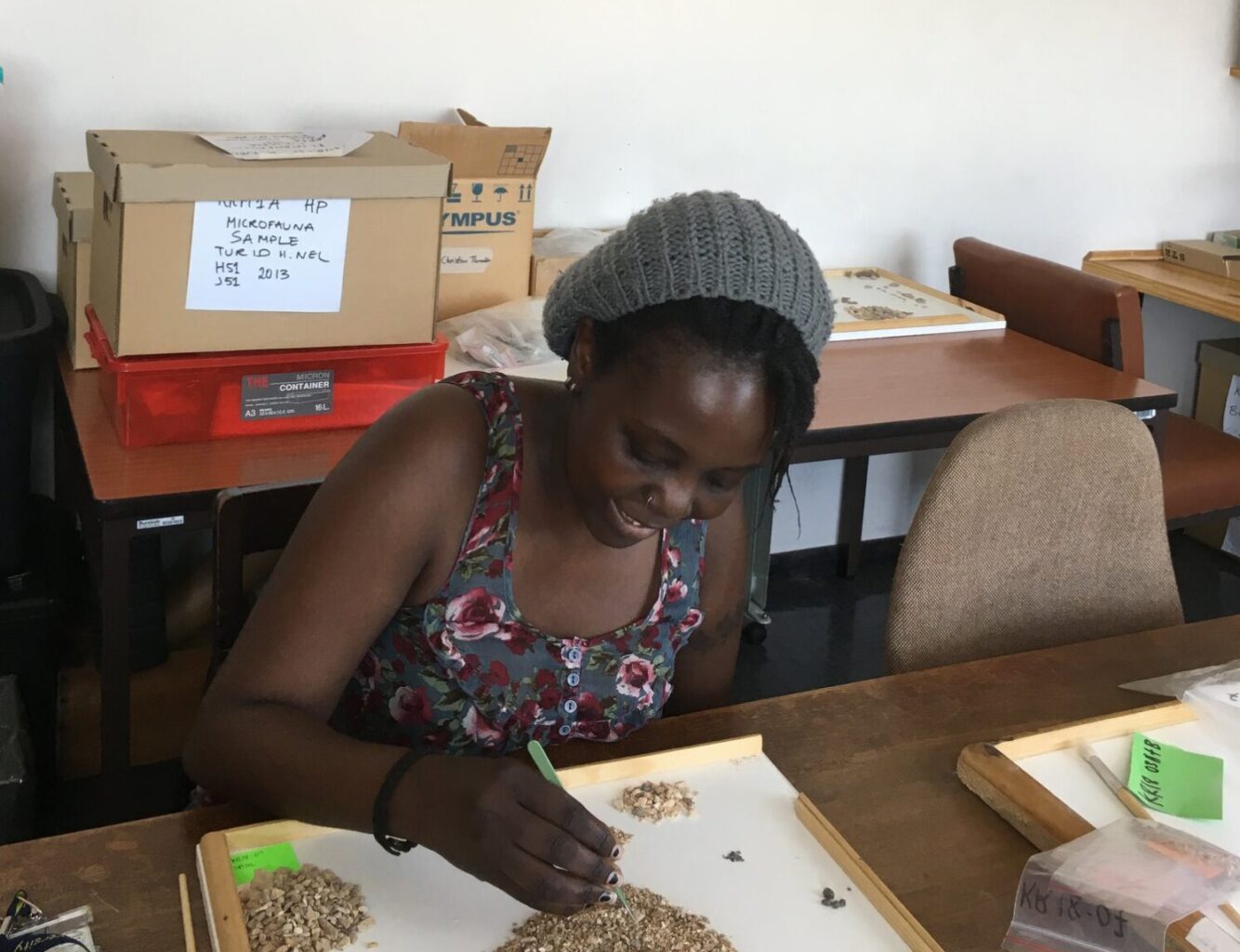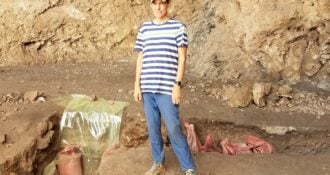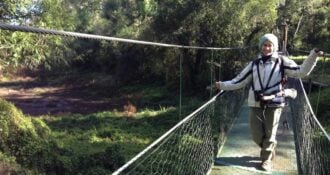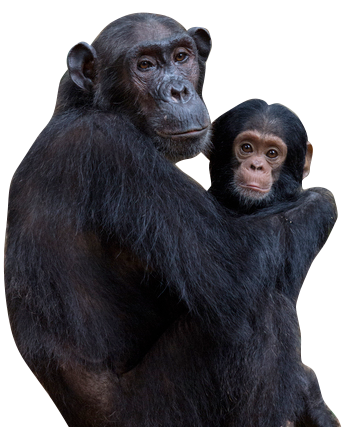
Leakey Foundation Baldwin Fellow Pamela Akuku is a PhD student at the Catalan Institute of Human Paleoecology and Social Evolution in Spain, working with the Olduvai Gorge Stone Tools, Diet, and Sociality project. With an undergraduate degree in anthropology from the University of Nairobi and a master’s degree cum laude from the University of Witwatersrand, she has participated in the Koobi Fora and Turkana Basin Institute field schools in Kenya, where she trained in ecology, geology, archaeology, vertebrate paleontology, paleoecology, and human evolution.
Her current research is focused on understanding environmental change, hominin behavioral patterns, and site formation processes through the study of fossilized animal bones.
Q: Did growing up in Kenya influence your scientific curiosity?
A: Yes, it did. I was always a bookworm, and my mum would take me with her to the museum over the weekends, where I would always watch the scientists come and go. There, I got to see what I was always reading about in practice, and decades later, here I am.
Q: Why did you choose to pursue anthropology as your field of study and what excites you about this work?
A: I joined a club called the Young Researchers Club based at the National Museums of Kenya when I was young, and we would explore archaeological concepts like excavation and articulating mock skeletons. As I grew up and understood this field more, I was interested to know how history, and specifically human evolution, played a role in who we are today and shaped the world as it is. I have always been interested in bones and solving puzzles, so I found a way to combine the two in studying taphonomy and using that to understand the history I was so curious about.
Q: From your personal and/or professional point of view, why does the study of human evolution matter?
A: Human evolution is not only important but also an interesting concept as it enables us to understand our origins and how that has shaped the way we think, act, socialize, and even the technology we come up with. Think of it as a relay race, and our species keeps on passing the baton to the next person, but each baton comes with an upgrade created from the experiences and adaptability of the previous person. As such, understanding the circumstances, obstacles, and innovations the previous person
experienced would serve to not only inspire but also appreciate the complexity that has resulted in the species that we are.
Q: Why is it important for people from Kenya to lead the study of human evolution in Kenya?
A: Kenyans leading the study of human evolution in Kenya is important because it is the realization of increasing skills and competencies at an individual level that leads to changing attitudes and mindsets. Archaeology has been a very white-dominated area of study, especially in East Africa. By having Kenyans leading studies in Kenya, it encourages the participation of young Kenyan students pursuing archaeology
as an area of study. Representation matters. This is what leads to changing attitudes and mindsets towards a particular area. If one sees they are represented, it serves as a form of motivation that they could be scientists too, and, in this way, human evolution studies can be sustainable.
Q: Do you have any advice for young people interested in studying anthropology?
A: I would like to greatly encourage them to pursue what they want to study because science, and specifically anthropology, needs young, innovative minds like theirs. It is so important because they would approach anthropological studies from a different point of view, and the narrative can be told from their perspective as opposed to the “traditional” or “classic” ways anthropology has always been approached.
Q: What are your goals with the Baldwin Fellowship, and how has the fellowship helped you pursue those goals?
A: Most researchers who study African archaeology have been and still are Europeans and Americans. As a mentor, I would like to ensure more African scholars practice world-class archaeology in the African continent and beyond. There is also the matter of under-representation of women in STEM or gender imbalance, and I would like to be a part of ending this gender disparity. I am cognizant of the fact that the general public may not be aware of the importance of archaeology and anthropology to the modern world. As such, I would like to be involved in outreach programs, especially those aimed at the communities that inhabit areas where the heritage materials are found.
The Baldwin Fellowship has enabled me to pursue my PhD studies, and in doing so, I have met, interacted, and collaborated with other scholars from East Africa. I believe this program and the connections it makes possible can help us realize the true essence of capacity building in East Africa through the cooperation of early career researchers from countries such as Kenya, Tanzania, and Ethiopia.
Comments 1






Awesome